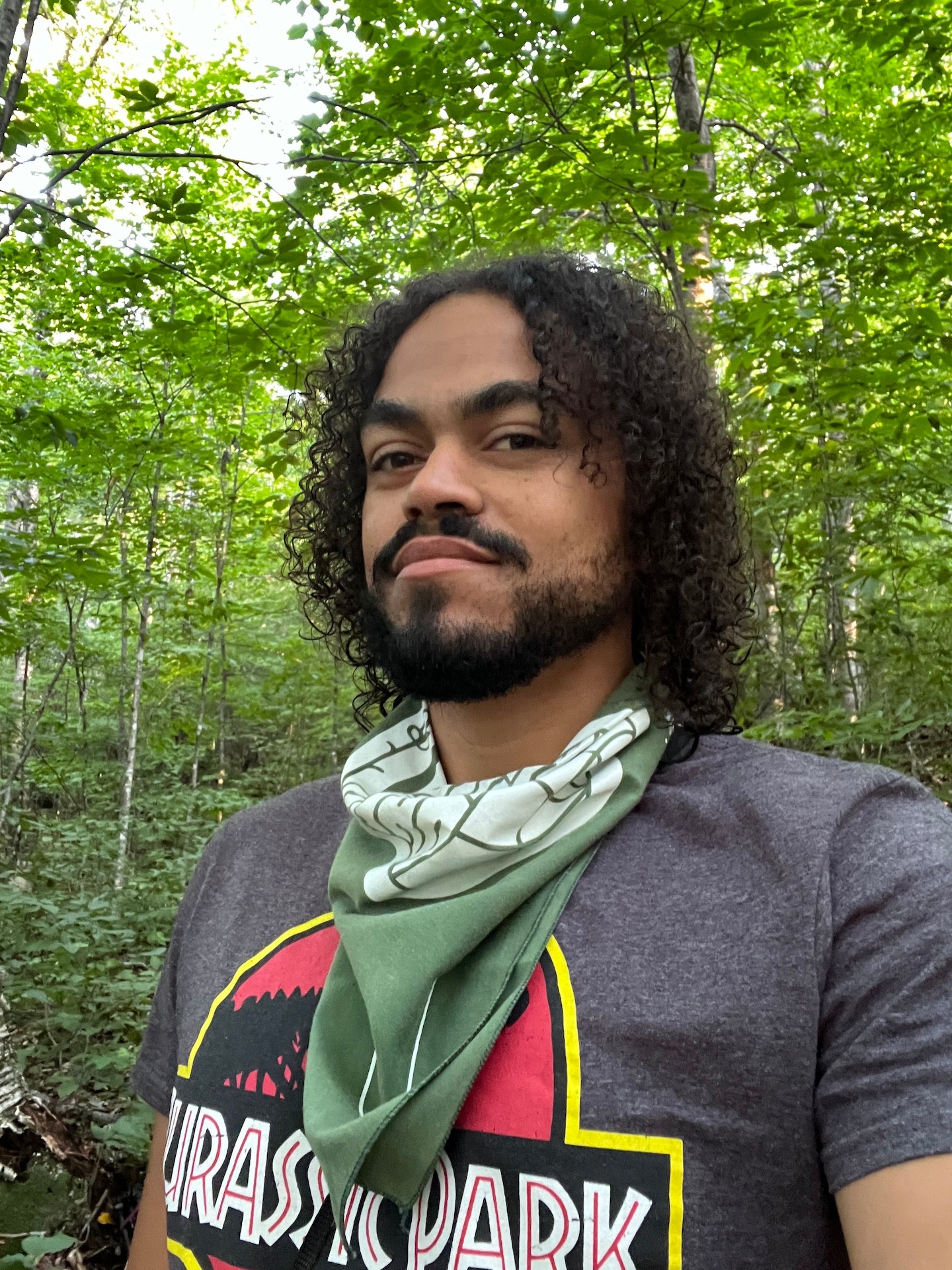We’re excited to introduce you to the always interesting and insightful Jordan Spalding. We hope you’ll enjoy our conversation with Jordan below.
Hi Jordan, thanks for joining us today. To kick things off, we’d love to hear about things you or your brand do that diverge from the industry standard.
one of the things you learn about video editing early on is that there’s an infinite depth to how much you can do with it. The other thing you learn quickly is that almost no one bothers to learn more than the basics. Or they hyperspecialize into specifically what they need to succeed.
Something that has served me really well is always saying ‘yes, I can do that’ and then figuring it out. Any sufficiently advanced software runs the risk of restricting you to the capabilities and defaults of that software. Suddenly, you’re working for the software, instead of it working for you. By saying yes to things you don’t know how to do yet, you learn a ton along the way. You have to reinterpret tutorials and guides. You have to talk to experts on how you might execute something. And sometimes you have to branch out from the software you are using to others to get the job done.
Knowing how to do almost anything, and knowing the limitations of the softwares my industry uses, has served me well. I’ve built an impressive portfolio with samples other creators have no idea how to make. I’ve been able to accept gigs that no one else could and work for companies that understand I’m one of the only people who can achieve their vision and compensate accordingly.
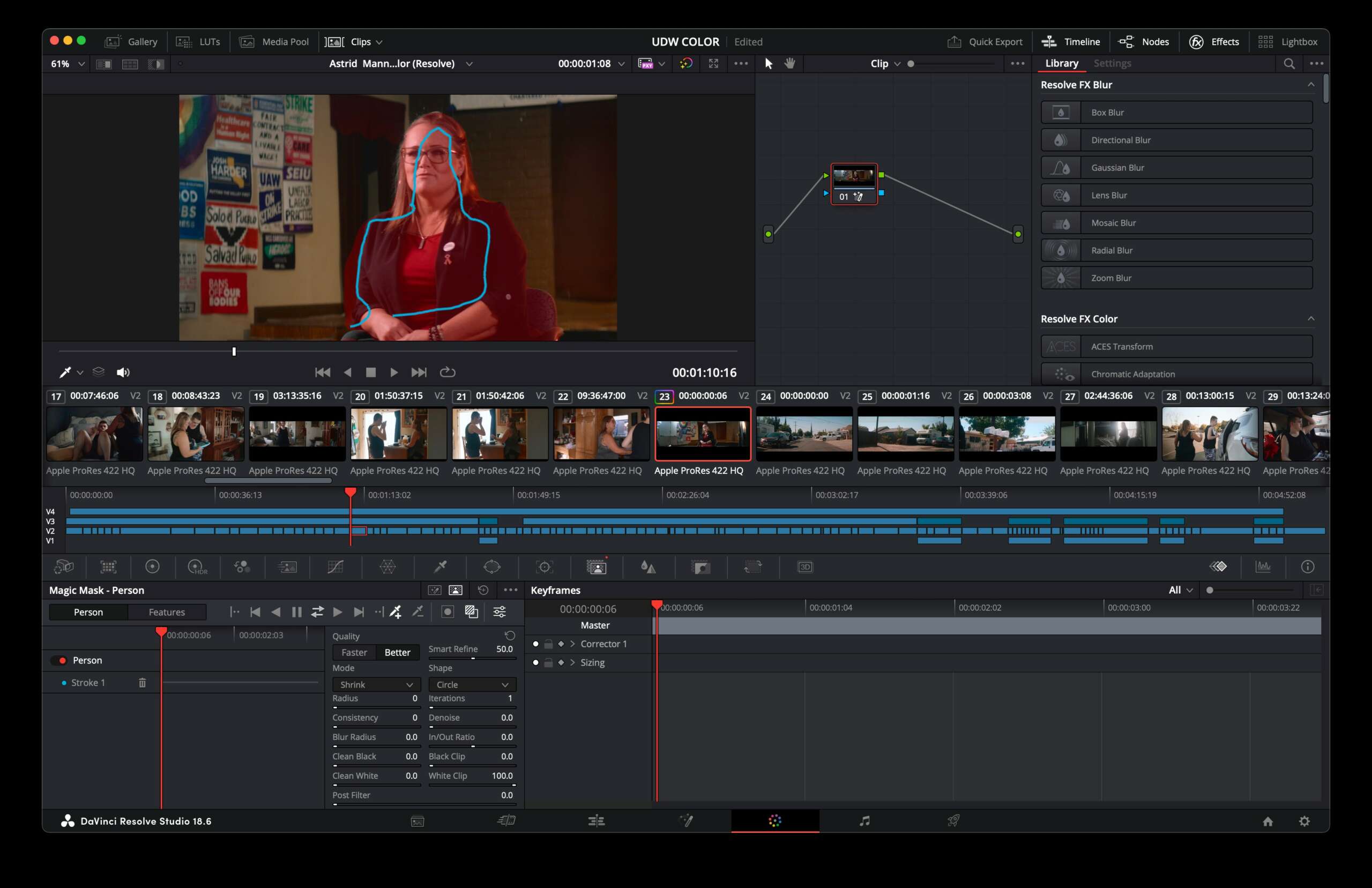
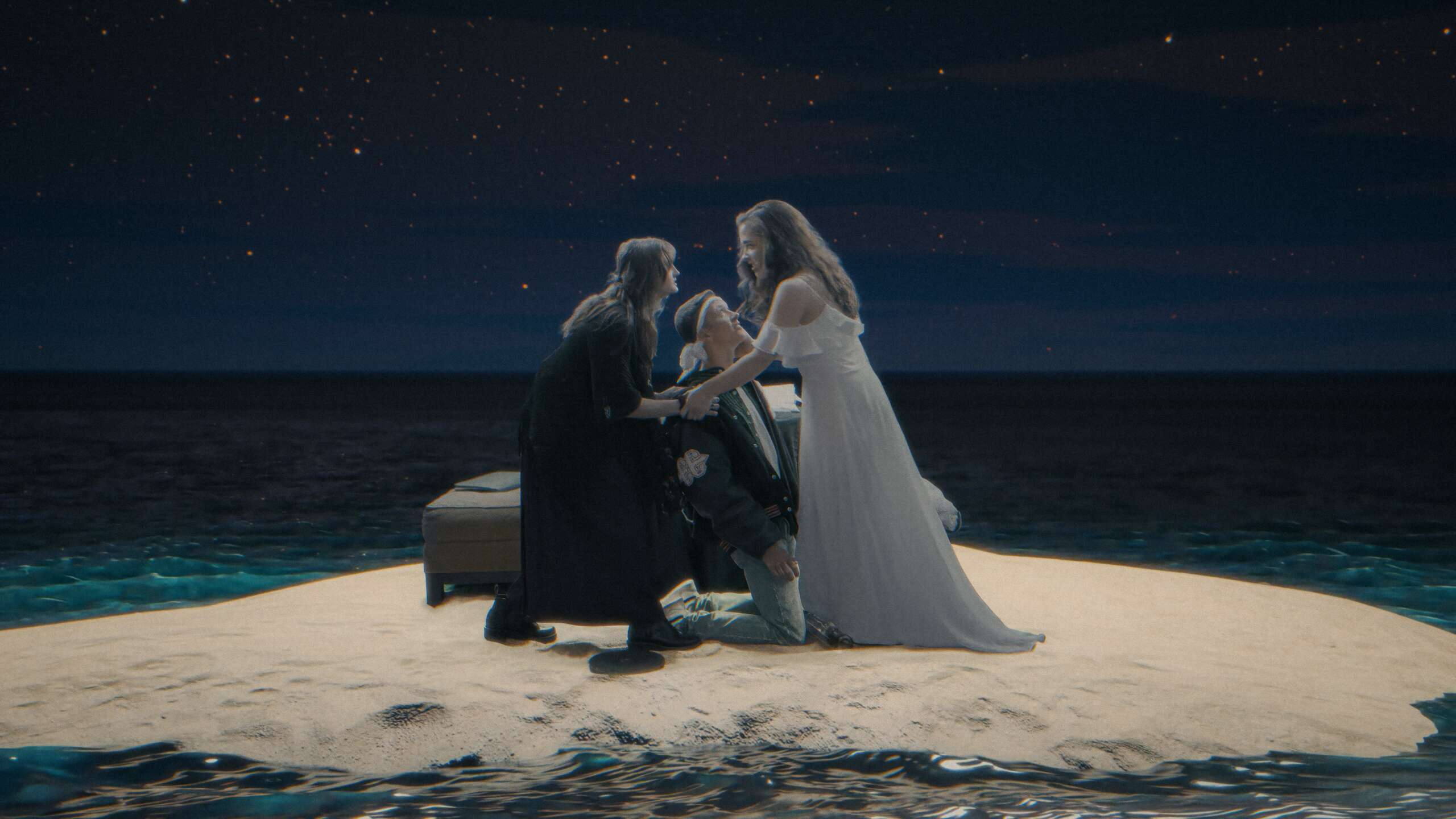
Jordan, love having you share your insights with us. Before we ask you more questions, maybe you can take a moment to introduce yourself to our readers who might have missed our earlier conversations?
I’m a professional video editor with 15 years of experience. I specialize in political video editing and vfx compositing, but i’ve done corporate, nonprofit, events, motion graphics, graphic design, and narrative editing in the past.
I got into this industry with my interest in narrative filmmaking. I’ve basically always been making fun movies with friends. It was a natural progression to take the skills I was developing and share them with others. I was fortunate enough to find a vibrant community of creatives in my hometown, Denver, where I could collaborate and create.
Nowadays I mostly cut political campaign ads for anyone running for office. My clients come from all over, Maryland, Virginia, New Mexico, California, Arkansas, Minnesota, Oregon, Washington, Rhode island, etc. You would not believe the amount of compositing and vfx that goes into cutting a political ad. I have learned so much producing content for politics, its been really rewarding.
I get the chance on occasion to do my own filming and production as well. I used to do it all the time, so I have a complete kit of professional equipment and contacts with rental houses. I just finished a great documentary series for a california based homecare worker’s union. We shot anamorphic and flew out twice to film everything we could think of. I would love to do more documentary work like that in the future.
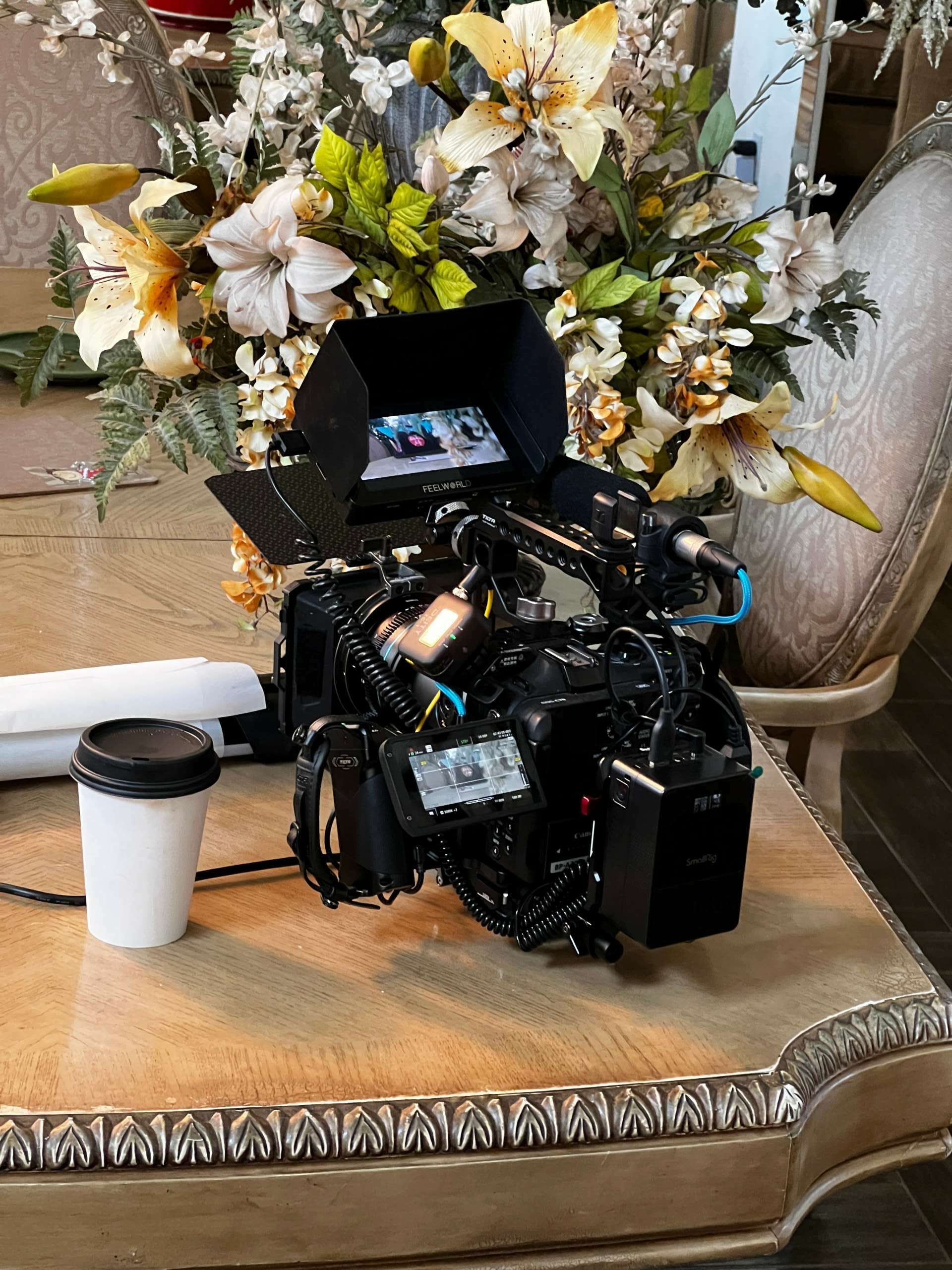
What’s a lesson you had to unlearn and what’s the backstory?
Once I got my feet under me as an editor, I got this idea that I knew what people wanted. Looking back, it’s total hubris, but at the time it felt like maturing as a creative. What I had discovered was I could shoehorn lots of projects into a sort of formulaic approach, which left the client sort of unhappy and me bored and unfulfilled. I used to think the client call wasn’t even necessary. Who cares what your story was if I was just going to slot it in to a paint by numbers script?
Well, I learned quickly how valuable it was to customize work and make sure the client is heard. There are, lets say, archetypes of video. Standard structure, skeletons really, that are expected and necessary. This is especially true in the corporate video world where I got my start. But a whole lotta meat goes on that skeleton, and that’s what makes the story the story. If you don’t want to chase the individuality of a specific story, than you shouldn’t be in the business.

Is there something you think non-creatives will struggle to understand about your journey as a creative? Maybe you can provide some insight – you never know who might benefit from the enlightenment.
I run into this alot, non-creatives have trouble trusting the process. They suggest visuals that are so boring and tired. Not because it’s their true vision, but because it feels comfortable and familiar. You have to understand your first idea is not a good one. An idea that comes easily to you should never be trusted. You’ve hired me not as a blackbox where your ideas go in and a predictable final product comes out, but as a consultant who can help you avoid missteps along the creative process.
It never fails that the clients with the lightest touch get the best final product. When we can work together collaboratively and create together. The projects you see on my website or my portfolio are ALWAYS the ones where the creative ideation was left to the professional. Your job is to voice the problem, the emotion, the intent. My job is to solve the problem with the creative knowledge i’ve cultivated. When you lock me into your idea, what we produce is limited by the breadth of your creative background. I’ve been doing this for fifteen years, I’ve seen what works and what doesn’t. Even if it’s challenging to articulate that soft-skill to you, please trust the process.
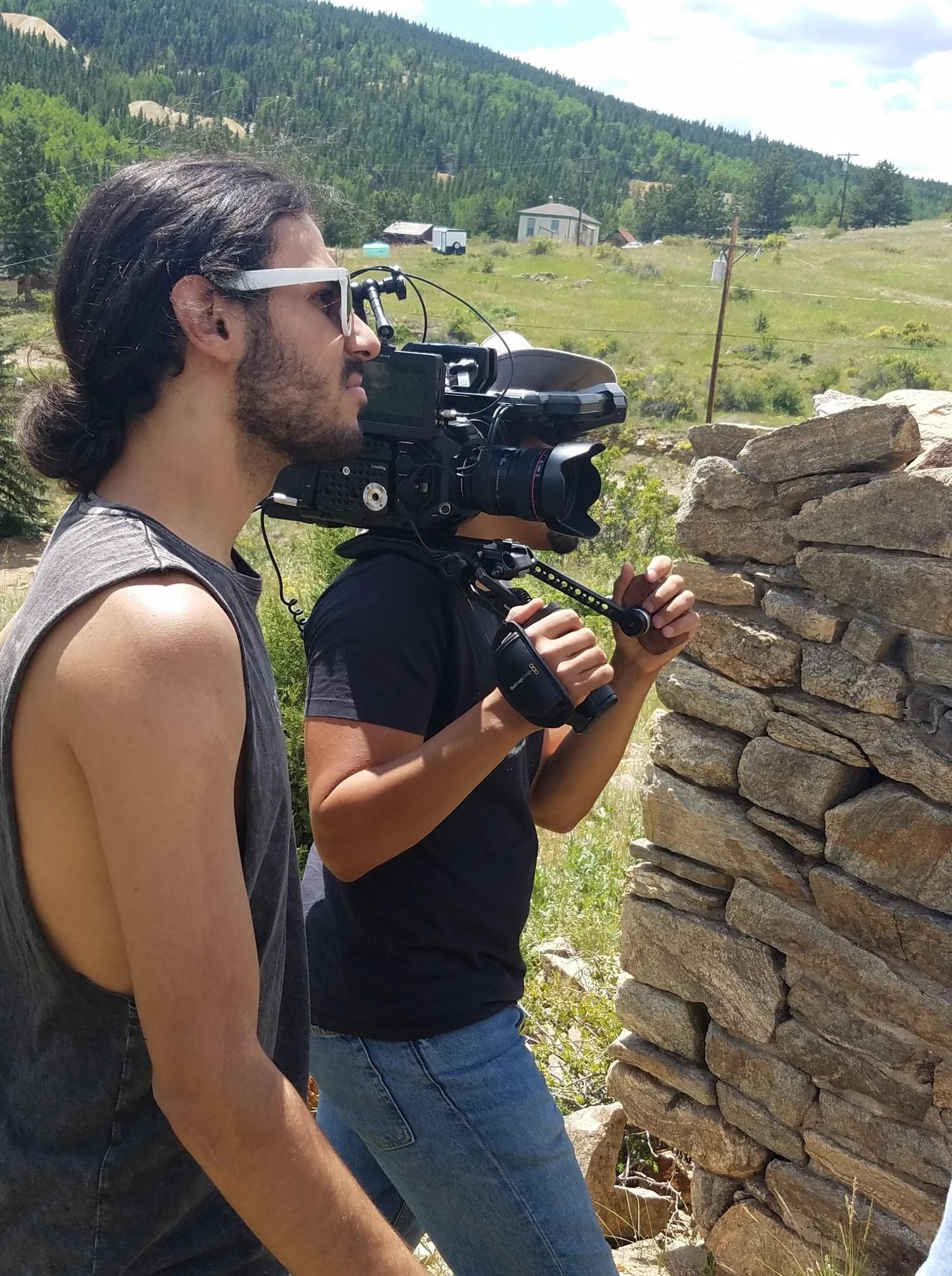
Contact Info:
- Website: jordanspalding.com
- Instagram: @jordan_Spalding_dot_com
- Linkedin: https://www.linkedin.com/in/jordanpspalding/
- Other: @jpspalding.bksy.social


